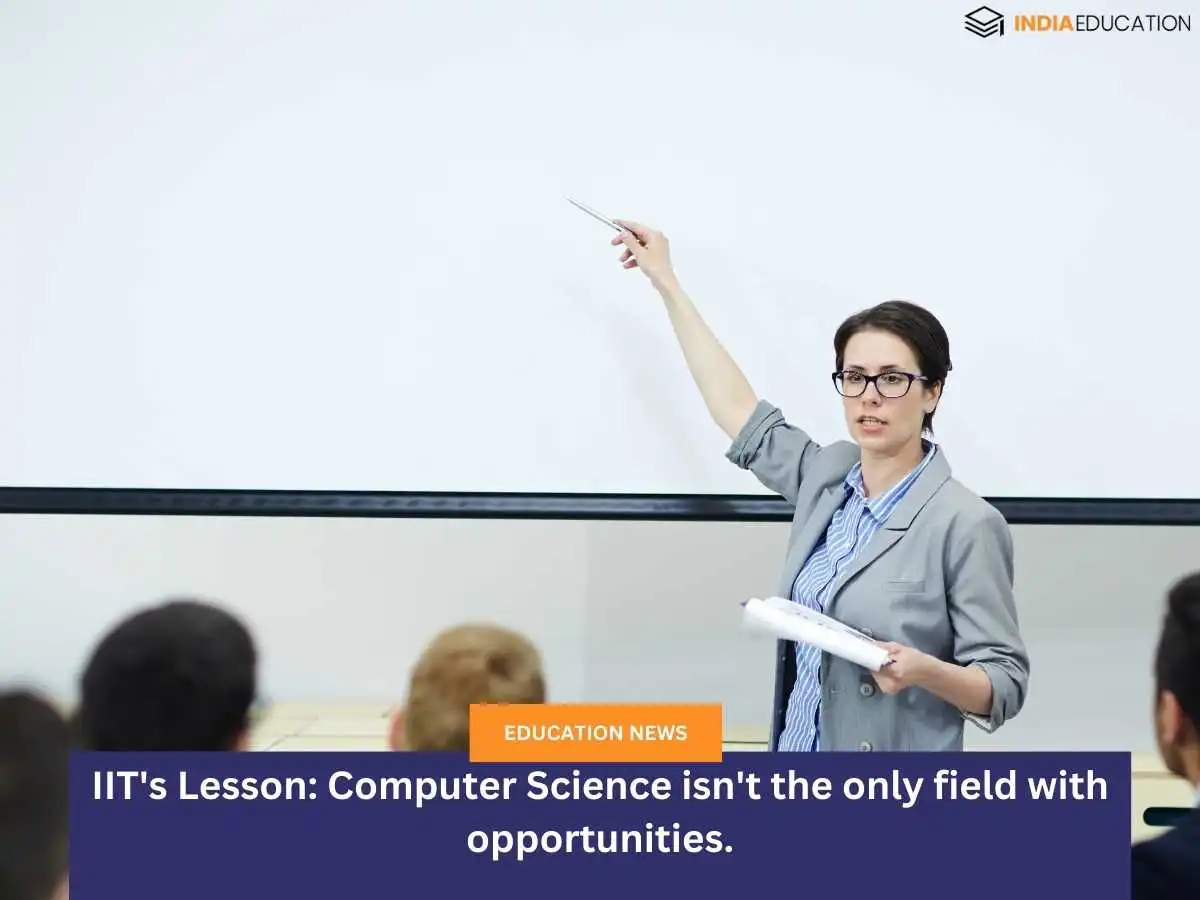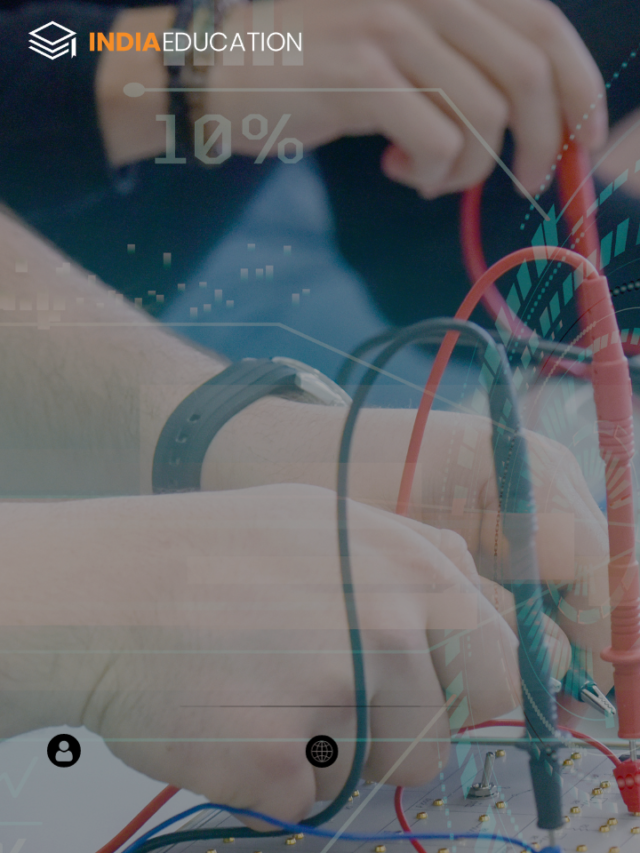
IIT's Lesson: Computer Science isn't the only field with opportunities or scope.
Former IIT Delhi Director V Ramgopal Rao writes: Most IIT aspirants want to pursue computer science. They want to major in computer science and get a job right out of college. This mindset is stifling innovation and stifling talent for research programs.

Many decisions made by engineering students these days are influenced by FOMO (Fear of Missing Out) rather than technical considerations. The majority of IIT aspirants want to take the same path. They want to study computer science at a specific institute and get a specific job right after BTech. This mindset is stifling innovation and stifling talent for research programs. The sooner our youth overcome their FOMO fears and gain the confidence to make their own decisions, the better for the country and for themselves.

First and foremost, I want to emphasize that computer science is not the only field with opportunities. Consider the field of biotechnology. India has made significant advances in biotechnology and vaccine production. Biotechnology holds enormous promise for start-ups and innovation, particularly in the aftermath of the pandemic. Even though there is a global emphasis on biotechnology and pharmacy, our students do not see the value in pursuing bioengineering and biotechnology.
The semiconductor mission that India has launched will require specialists in a variety of fields. Semiconductor processing involves a lot of chemistry. Mechanical and chemical engineers are in charge of creating semiconductor manufacturing tools. Electronics and related disciplines are central to the semiconductor ecosystem.
Aside from that, quantum technology is entirely based on physics. The future of computing will be in the quantum domain, which will necessitate a thorough understanding of physics. Similarly, all micro-electromechanical sensors in smartphones are mechanical devices. The Internet-of-Things domain will necessitate expertise from nearly every branch of engineering. The next frontier is aerospace engineering and space technologies. In these industries, there will be tremendous opportunities for innovation. There will soon be private space companies competing with ISRO.
Nanotechnology has begun to have an impact on industries ranging from textiles to healthcare. To feed 1.3 billion people with nutritious food, agriculture and food technologies must be extremely innovative. Surprisingly, even today, these sectors are not as appealing to our future engineers as computer science. This obsession with CSE is robbing other fields of talent and, ultimately, innovation potential. Our over 100 Unicorns in India today are all in the e-commerce and Fintech space and can be classified as business model innovations at best.
Latest News
People Reading Now

CBSE Compartment Result 2023 OUT: Click For Direct Link



CSAB 2023: Special Round Registration Begins Today







